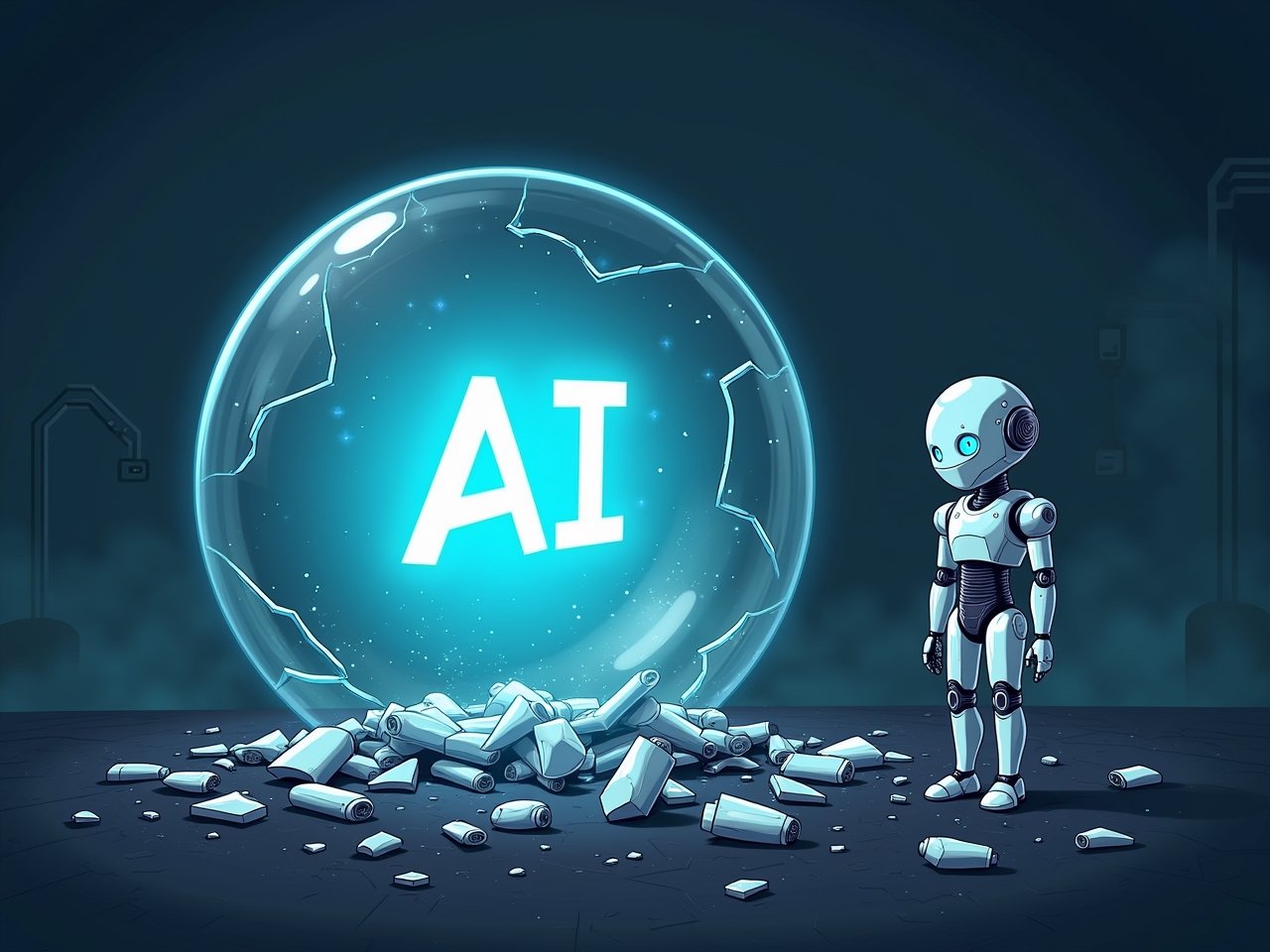Artificial Intelligence is now not a concept confined to the geographical regions of technological know-how fiction. It’s a transformative pressure reshaping industries, enhancing day by day lifestyles, and solving complicated problems. Despite its growing presence, AI stays broadly misunderstood. Misinformation, sensationalism, and a loss of clear conversation have caused misconceptions about what AI is, what it can do, and what it approach for humanity. In this text, we’ll tackle those misconceptions head-on and provide a clearer understanding of AI, setting apart fact from fiction.
Misconception 1: AI Is Equivalent to Human Intelligence
One of the maximum pervasive myths about AI is that it’s “clever” within the equal manner human beings are. In truth, AI is far from replicating human intelligence in its entirety. Current AI structures excel at narrow tasks—those are extraordinarily particular, defined troubles like recognizing faces, translating languages, or recommending products.
This is known as slim AI or vulnerable AI. It operates based totally on styles and statistics, however it lacks contextual expertise, creativity, and emotional intelligence. On the opposite hand, artificial fashionable intelligence (AGI)—the capacity to think, reason, and clear up troubles like a human—stays a theoretical goal, and professionals estimate it can take many years or maybe centuries to obtain.
The Reality Check:
AI systems are tools created to help human beings, now not replace human cognition. For instance, a application like Google Translate doesn’t “understand” languages; it acknowledges patterns to provide accurate translations. It’s powerful but fundamentally limited in scope.
Misconception 2: AI Will Take Over All Jobs
Fear of AI-driven activity loss is a hot-button problem. Headlines frequently are expecting dystopian futures where robots replace humans in every place of business. While automation is absolutely converting the job marketplace, the truth is extra nuanced.
AI and automation excel in tasks which might be repetitive, predictable, and dependent. Examples include manufacturing meeting lines, statistics entry, and customer support chatbots. However, roles requiring crucial thinking, empathy, and complex selection-making—inclusive of healthcare professionals, teachers, and innovative writers—are lots harder to automate.
The Reality Check:
Rather than changing human beings, AI is much more likely to enhance our abilities. Many industries are already seeing how AI serves as a collaborative tool, permitting experts to paintings smarter and greater successfully. For example:
- Healthcare: AI structures assist docs in diagnosing sicknesses quicker and more as it should be.
- Marketing: AI analyzes patron statistics to supply customized pointers.
- Education: AI-powered equipment provide customized getting to know stories for college kids.
Yes, some jobs will evolve or disappear, but new possibilities—specially in fields like AI ethics, machine gaining knowledge of engineering, and robotics—are also emerging.
Misconception 3: AI Is Always Objective and Neutral
Many assume that because AI operates on algorithms, it’s miles inherently independent. However, this isn’t genuine. AI systems are most effective as unbiased as the statistics they’re skilled on, and human biases can effortlessly seep into this information.
For example, if a hiring algorithm is educated on facts from a enterprise that historically hired predominantly male personnel, it is able to inadvertently perpetuate gender bias. Similarly, facial reputation systems have shown lower accuracy quotes for human beings of color because of skewed education datasets.
The Reality Check:
AI displays the biases, obstacles, and values of its creators. Ensuring fairness and accountability in AI structures is a human responsibility, and this has brought about the growing area of AI ethics to address these demanding situations.
Misconception 4: AI Is a Threat to Humanity
Popular tradition frequently portrays AI as a malevolent pressure bent on world domination. From movies like The Terminator to discussions round “AI singularity,” this fear has fueled paranoia approximately AI’s function in the destiny.
While it’s important to recall the ethical implications of AI, the concept of AI suddenly turning into self-conscious and unfavorable is far-fetched. Modern AI lacks cognizance, purpose, or autonomy. It plays obligations it’s programmed to do, and any “malfunction” or misuse is commonly the end result of human mistakes or deliberate tampering.
The Reality Check:
AI isn’t inherently dangerous, however it ought to be regulated to save you misuse. For instance, clear guidelines are needed to cope with troubles like surveillance, weaponization, and facts privacy. Responsible improvement and deployment of AI will make sure that it stays a device for true.
Misconception 5: AI Is Only for Tech Giants
Another common belief is that AI is the special domain of businesses like Google, Amazon, or IBM. While these businesses lead in AI studies and innovation, the technology is increasingly handy to smaller agencies, startups, or even individuals.
Open-supply structures like TensorFlow and PyTorch permit developers to test with AI equipment without full-size resources. Cloud-based AI services from companies like AWS, Microsoft Azure, and Google Cloud similarly democratize access to superior AI technologies.
The Reality Check:
AI is now not a luxurious but a strategic necessity throughout industries. Small agencies use AI for everything from automating customer support to optimizing stock management. As gear come to be greater person-pleasant, the barrier to entry continues to lower.
The Path Forward: A Balanced Perspective
Understanding what AI is—and isn’t—is crucial as it becomes an vital part of our international. It’s now not a paranormal entity, neither is it a looming hazard to humanity. Instead, AI is a effective tool with large capacity while used responsibly.
As AI keeps to adapt, public discourse have to focus on training and collaboration. Addressing misconceptions, fostering transparency, and enforcing ethical safeguards will make certain that AI enhances human life in place of complicating it.
In the words of renowned AI researcher Andrew Ng, “AI is the new strength.” Like energy, AI is a transformative force, but its impact will rely entirely on how we pick to use it.
By setting apart myths from truth, we can better admire AI’s potential and embody it as a partner in solving humanity’s largest demanding situations.







